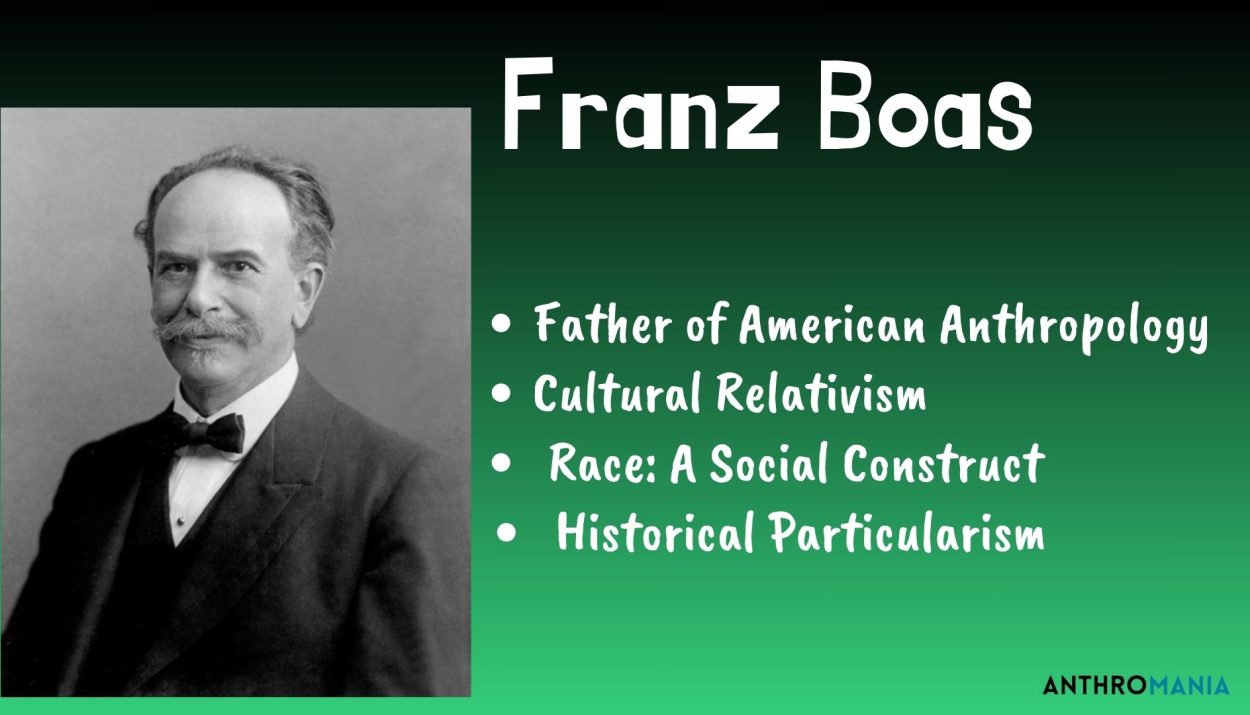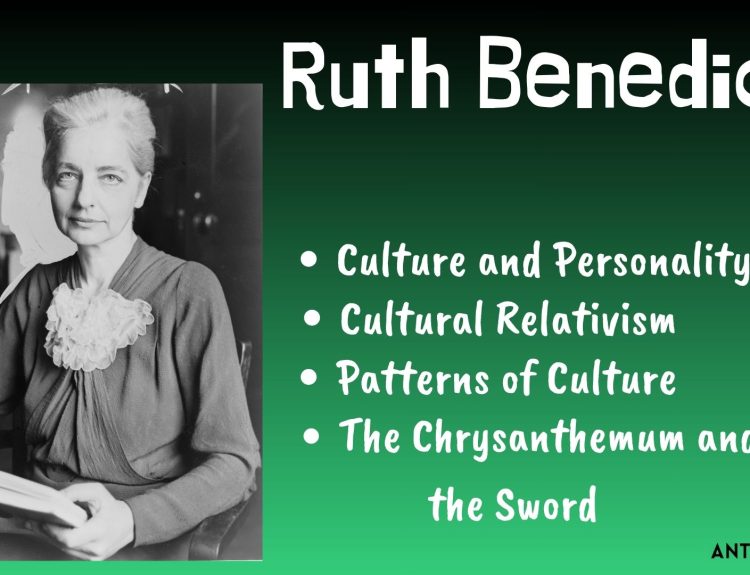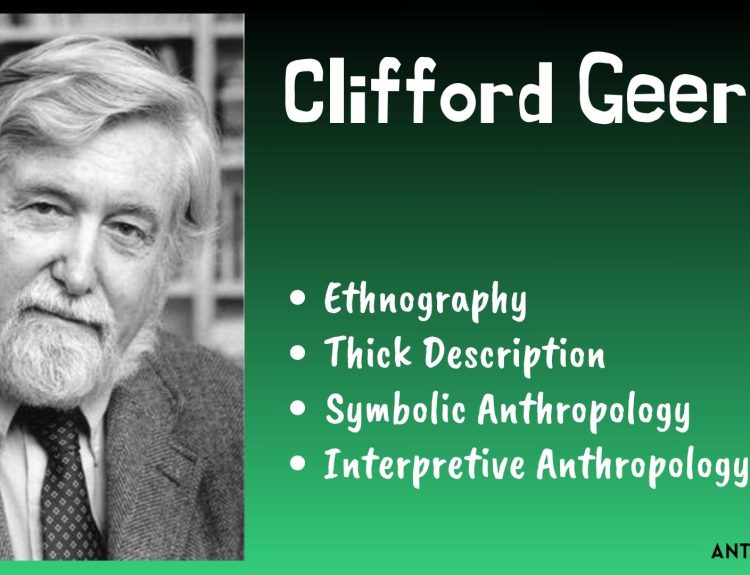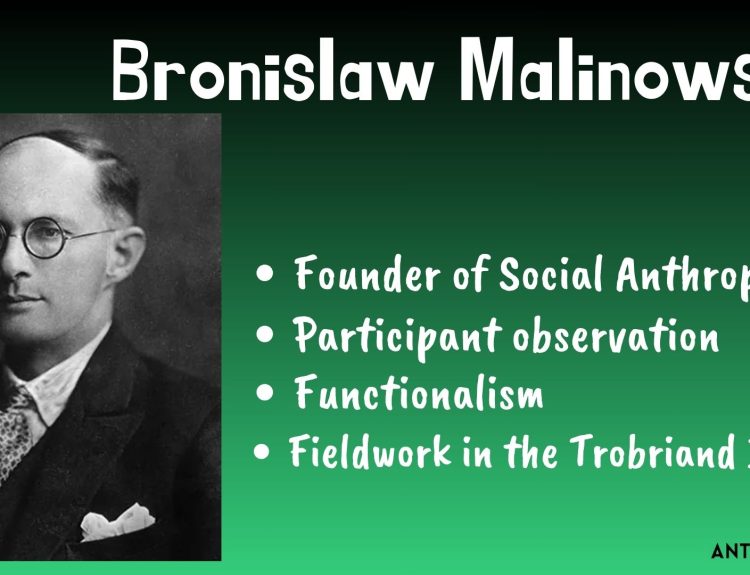Franz Boas, a name synonymous with modern anthropology, was a trailblazer in the field. His groundbreaking work and innovative ideas laid the foundation for the development of cultural anthropology as we know it today. In this article, we delve into the life, legacy and Franz Boas’s contributions.
Early Life and Education
Franz Boas was born on July 9, 1858, in Minden, Westphalia, in what is now Germany. He pursued his higher education at the universities of Heidelberg, Bonn, and Kiel, where he studied physics, geography, and mathematics. It wasn’t until he moved to Baffin Island in the Canadian Arctic as a young geographer that his life took a transformative turn. This experience sparked his interest in the culture and societies of indigenous peoples, setting him on the path to becoming an anthropologist. He passed away on December 22, 1942, in New York, USA.
Groundbreaking Fieldwork
Boas’ most significant contribution to anthropology was his emphasis on the importance of fieldwork and the collection of empirical data. He championed the idea that to understand a culture, one had to immerse oneself in it, learning the language, customs, and traditions directly from the people. This approach, known as “participant observation,” became a cornerstone of cultural anthropology.
Boas conducted extensive fieldwork among various indigenous cultures, including the Inuit in Baffin Island, the Kwakiutl in British Columbia, and the indigenous communities in the Pacific Northwest of the United States. His research was meticulous, encompassing linguistics, folklore, material culture, and social organization. Boas’ approach was holistic, recognizing that all aspects of culture were interconnected.
One of his most famous studies was the analysis of the Kwakiutl potlatch ceremony, which challenged Western assumptions about economic and social structures. Through his rigorous fieldwork, Boas highlighted the richness and complexity of indigenous cultures, dispelling stereotypes and ethnocentrism.
Legacy and Work
He is often recognized as the foundational figure in American anthropology, earning him the title of the “Father of American Anthropology.” He established the first anthropology department in the United States at Columbia University, where he mentored and inspired a new generation of anthropologists, including some of the discipline’s most prominent figures. His students, known as the “Boasians,” went on to make significant contributions to anthropology and further his legacy. Famous anthropologists Margaret Mead and Ruth Benedict were both his students.
In his perspective, anthropology encompassed a comprehensive examination of culture and human experiences, uniting cultural anthropology, archaeology, linguistic anthropology, and physical anthropology.
Linguistic Anthropology: In the realm of linguistic anthropology, Boas emphasized the importance of studying languages within their specific cultural and historical contexts. He argued that language shapes thought and perception, with different languages offering unique worldviews. His emphasis on linguistic fieldwork influenced generations of anthropologists to engage with native speakers and gather primary language data, setting a benchmark in anthropology.
Cultural Relativism: Boas is celebrated for his theory of cultural relativism, which asserts that all cultures should be considered inherently equal, with a need to comprehend them on their own terms. According to Boas, there were no hierarchies in the development or advancement of cultures; they were fundamentally distinct from one another.
Race: A Social Construct: Boas’ work challenged prevailing Eurocentric views and racial stereotypes. He asserted that cultural differences were a result of historical, environmental, and social factors rather than racial inferiority. Boas’ research fundamentally changed the way anthropologists approached the study of human societies. He vehemently opposed scientific racism, a view that promoted the notion that race was an inherent biological trait rather than a cultural one.
Historical Particularism: Historical particularism emphasizes the unique historical and cultural contexts of each society. Boas asserted that the foremost duty of anthropologists was to delineate the distinct attributes of a specific culture, aiming to reconstruct the historical events that shaped its current configuration.
Franz Boas is renowned as the pioneer of the culture-centric, relativistic approach within American anthropology. Some of his notable works include “The Mind of Primitive Man” (1911), “Handbook of American Indian Languages” (1911), “Anthropology and Modern Life” (1928), and “Race, Language, and Culture” (1940).
Conclusion
Franz Boas, the pioneer of modern anthropology, reshaped the discipline with his emphasis on fieldwork, cultural relativism, and the rejection of racial stereotypes. His legacy lives on in the work of countless anthropologists who continue to study, understand, and appreciate the diversity of human cultures worldwide. Boas’ contributions to anthropology and his advocacy for social justice make him a celebrated figure in both the academic and humanitarian realms, leaving an indelible mark on the field and society at large.
References
Franz Boas, Father of American Anthropology
Franz Boas and the birth of American anthropology
Genius at Work: How Franz Boas Created the Field of Cultural Anthropology







